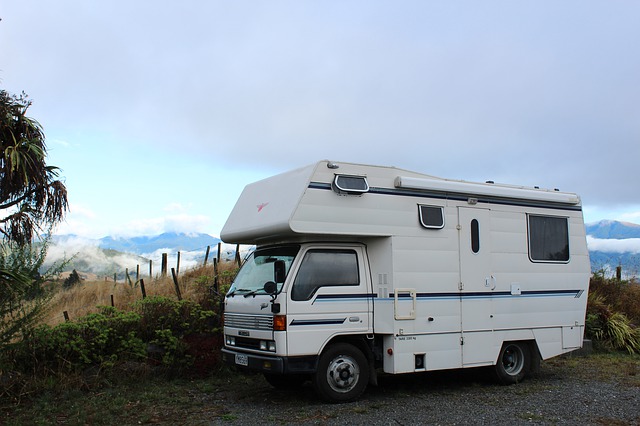This Content Is Only For Subscribers
New Zealand’s Ministry of Business, Innovation and Employment has announced changes to the country’s freedom camping regulations, aiming to promote sustainable tourism and protect the environment.
The changes came into effect yesterday, August 1, and the core of these changes revolves around stricter requirements for self-contained vehicles.
From now on, freedom camping on local authority land will generally require vehicles to be certified as self-contained. This means that vehicles must have facilities for storing and disposing of waste to ensure minimal environmental impact. A ‘blue warrant’ will be issued to these vehicles, and it is essential for campers to check with local authorities to verify if specific sites allow non-self-contained vehicles.
In addition to these vehicle requirements, the new regulations introduce increased infringement fees, with fines rising from $200 to $400 for violations. This increase highlights the government’s commitment to ensuring compliance with the new rules and maintaining the natural beauty of camping areas.
The changes also streamline the process for addressing infringements, including allowing infringement notices to be sent via email. This modernization aims to improve the efficiency of enforcing the new rules, ensuring that campers are promptly informed of any issues.
These updates to the Freedom Camping Act are part of a bigger initiative to enhance sustainable tourism practices in New Zealand. By encouraging the use of self-contained vehicles and tightening regulations, the government hopes to reduce the environmental footprint of freedom camping, protecting the country’s unique landscapes for future generations.
For more details on the specific changes and how they may affect your camping plans, visit the MBIE website.



